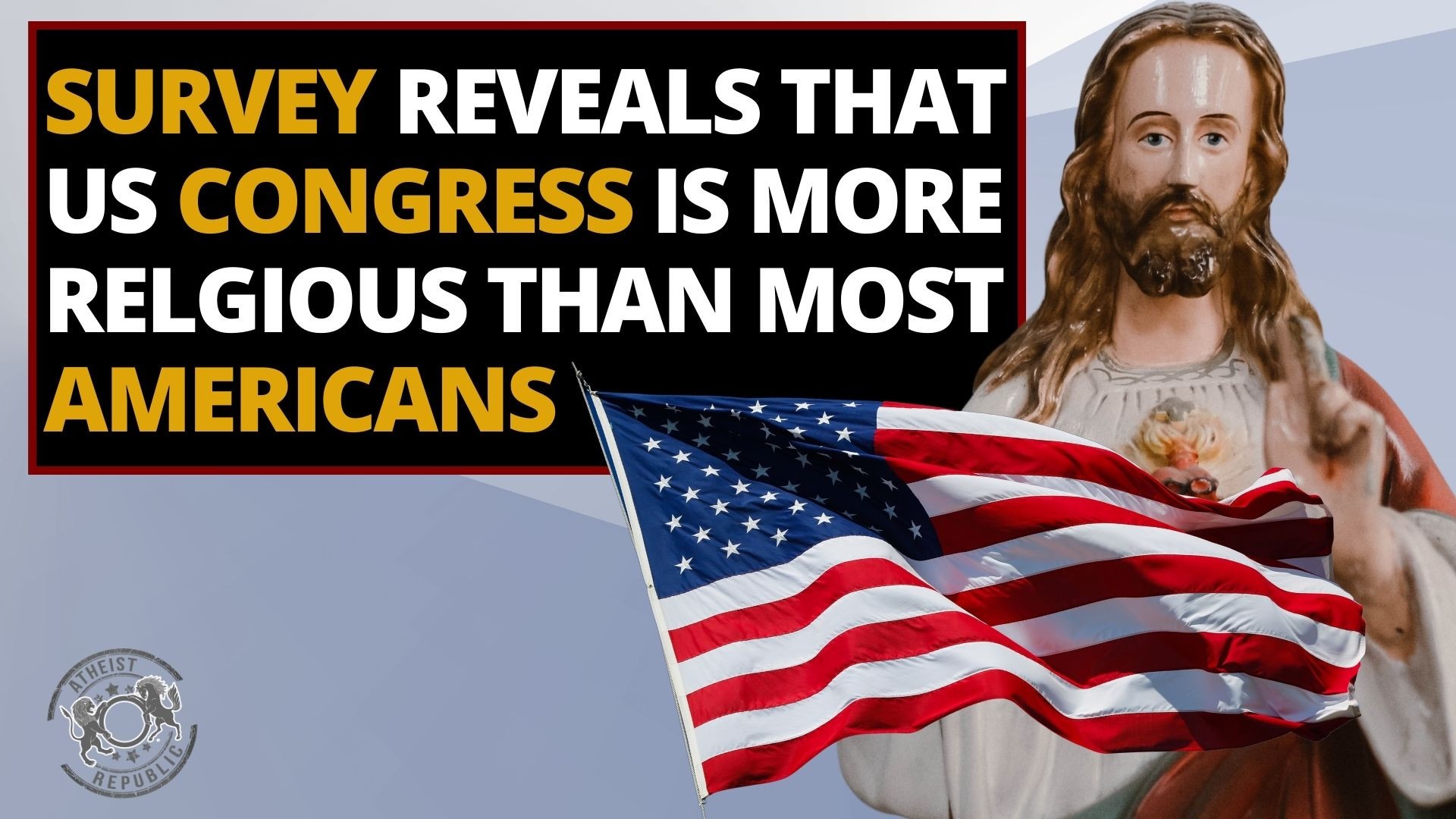
A new report from the Pew Research Center reveals that the 118th US Congress is more Christian and religious than the general public.
The new report says that around 88% of all members of Congress are Christian, compared to only 63% of Americans who identify as such. That includes 57% of Congress members who identify as Protestant and 28% who are Catholic, both higher than the national percentage.
Since 2007, the share of Christians in the general population has dropped from 78% to its present level of 63%. But Christians make up 88% of the voting members of the new 118th Congress being sworn in on Jan. 3. https://t.co/dU28IVR0GA pic.twitter.com/115XBPQPtK
— Pew Research Religion (@PewReligion) January 3, 2023
It’s not only Christians who have more representation in Congress. Despite accounting for only 2% of the entire US population, 6% of the members of Congress identify as Jewish. However, other religious groups, such as Muslims, Hindus, and Buddhists, see less representation in Congress.
Even though the number of religiously unaffiliated Americans has risen since 2007, only one member of Congress, independent Senator Kyrsten Sinema of Arizona, explicitly stated that they belong to this category. Another member of Congress, Democratic Representative Jared Huffman, identifies as a Humanist.
The report also listed 20 Congress members as having an unknown religious affiliation since they either did not answer the CQ Roll Call’s query or because the answers were mixed up. The CQ Roll Call served as the primary data source for Pew’s analysis.
Pew Research Center also said in its report that the US Congress has been “largely untouched” by two significant trends in America’s religious life; the gradual, decades-long decline of Americans who identify as Christian and the steady increase of Americans who have no religious affiliation.
As recently as the early 1990s, about 90% of U.S. adults identified as Christians. In 2007 the share was at 78%. Today, that number is down to 64%. Since 2007, the share of adults who identify as religious “nones” has grown from 16% to 29%. 6/ https://t.co/BELUlKdCdu pic.twitter.com/WbBRTcf93v
— Pew Research Center (@pewresearch) September 13, 2022
The religious identities of the United States’ two main parties have diverged over the years. The Republican Party, by perception, has embraced a more assertive form of white Christian Nationalism, which is reflected by the religious makeup of its congressional delegates. Although the Democratic Party is more diverse regarding religious affiliation, the center-left party has not reflected a more secular identity, despite receiving massive support from religiously unaffiliated Americans.
Historically, being religiously unaffiliated is a liability for most politicians. A 2019 Gallup survey once revealed that only around 60% of Americans would vote for an atheist, lower than other religious or social groups such as members of the LGBTQ+ community.
